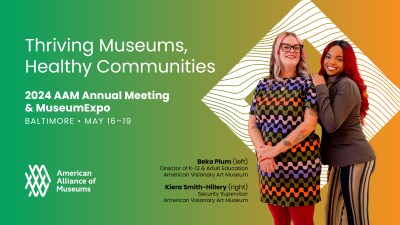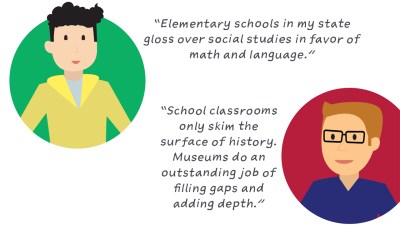
I once heard a comedian say that life is wonderful, just backward. He said that if he were God he would have had us born into old ague-ridden age (a seven, say, on the Shakespeare scale of “Ages of Man”) hobbling along with “three legs” (i.e., a cane).
The comedian added rationale to his case: Over time we would then gain (rather than lose) health, soon leaving our assistive canes behind and finding increased enjoyment in our plentiful time and constantly improving constitutions. After exploring the world and all it had to offer, we would then have the opportunity to pick a career that would engage us as we grew ever younger, and once we completed the career we would embark on a course of study that at first would be rewarding and challenging but would become easier as we grew younger, featuring recesses and a nap mid-day, right after our home-packed lunch and milk. Then, of course, we would all proudly graduate from grade school, happy campers every one of us, scampering out to a seemingly permanent recess.
Then, alas, we would pass from the earth, “a gleam in our parents’ eyes”!
I have to say that I agree. I channel my inner Benjamin Button especially whenever I return to a college campus, envious of the students who are often far too young to know the value of the learning and growing opportunities that surround them, asking always those inane questions like, “Will the final be pass/fail?” or “Is the exam a take-home, and if so how much is it worth to our whole grade?” Yikes!
Skip over related stories to continue reading articleHappily, life after a career is also usually replete with such opportunities, and we are tending to live longer lives at that. And even though the body aches more with every passing year, the very good news is that the brain, in many ways, only expands its capabilities and “plasticity.” We may be losing brain cells, but what we have can work better than ever!
So, you see, the comedian had a point, inadvertently presaging an age when we creative agers would be able to shed many of the mind-numbing scales that develop over our eyes after years in the workaday world. Sparing, of course, the devastating effects of dementia, Alzheimer’s, and other ailments that can accompany age, today’s active older adults can become what they wish to become.
“Old age,” as the saying goes, “is a case of mind over matter. If you don’t mind, it doesn’t matter.”









Comments